 The world is a very different place to how it was 100 years ago. Has it changed slowly over time, or instantly? I would argue both.
The world is a very different place to how it was 100 years ago. Has it changed slowly over time, or instantly? I would argue both.
A certain innovation or invention can disrupt and transform deeply entrenched systems almost overnight. For example, the telephone, steam engine and email all caught on very quickly, effectively altering life as it was, forever. But whether change happens gradually or rapidly, it’s vital that we adapt to what the change brings. With ceaseless advancements in technology and science, a future dominated by AI and filled with promises of redundancy, it has never been more critical to be adaptable. This is why adaptability is one of the uniquely human skills we’ve identified, why we embed it into our courses and programmes, and why we emphasise its importance whenever we can.
Businesses have had to change and adapt in response to shifts in the economic, political and technological landscape. Traditionally, businesses were mainly profit-driven; making as much money as possible was the top priority. Now, with different standards of ethics, open and countless means of communication, that isn’t an option anymore. Reputation matters, we’ve seen this with the corporate crises of recent memory – your reputation (and ultimately, your business) will be destroyed if it’s discovered you care more about money than anything else. Moreover, big profits don’t necessarily mean success. There has been a move towards the sustainable customer-centric approach to business; essentially, short-term profit goals are being sacrificed for long-term success. How is this achieved? The answer is to make the customer and the experience and satisfaction, top priority (with the help of new technology).
In Forrester’s What It Means Podcast, two business models are discussed: Disruptors and Fast Followers. Disruptors are the innovators, and Fast Followers go along with the trends made by the market leaders and innovators. This is not to say that one is better than the other, or that every business should aim to be a disruptor in their industry. Fast followers can be extremely successful as long as they know how to adapt.
Siemens provides an excellent example of the move away from traditional business models and practices to more contemporary, holistic customer-focused ones. The German company sold an entire train line to Spain that runs between Madrid and Barcelona. Usually, that would be the end of the transaction. However, Siemens was also involved in the delivery of the service. So there negotiated a completely innovative payment model: how many people used the service and how satisfied they are with it. Not only are they expected to make exceptional trains, Siemens also has to provide an exceptional experience, whether that’s through clean coaches and onboard WiFi. Therefore Siemens is much more invested in their business, as they’ve taken more responsibility and risk. If their users have a bad experience they have to mitigate it somehow, they may have to change internal systems or change their metrics – they have to adapt. If Siemens, or any business, is unable to react and adapt, the problem will grow and become too costly and time-consuming to ever properly catch up. Whether you’re an innovator, disruptor or Fast Follower, adaptability is key.
Our Entrepreneurship in Action online course focuses on equipping our students with the knowledge, skills and know-how to transform entrepreneurial thinking and disruptive ideas into sustainable businesses. These versatile skills can be used to launch a new business, or applied to an existing one. With well-rounded expertise, and a holistic approach to business you will learn how to put yourself into your customer’s shoes, how to react and most importantly, how to adapt.
Learn more about this valuable course.
Want to know more about the Fast Follower model? We strongly encourage you to listen to Forrester’s enlightening podcast.
 About the author: Molly is the Communications Champion at Red & Yellow and deals with all of our social media channels. In her spare time, she writes for fun (go figure), and reads books to broaden her mind.
About the author: Molly is the Communications Champion at Red & Yellow and deals with all of our social media channels. In her spare time, she writes for fun (go figure), and reads books to broaden her mind.


